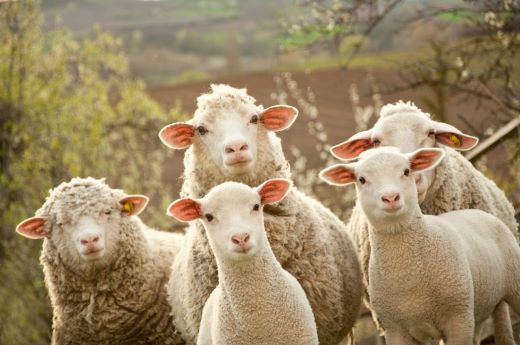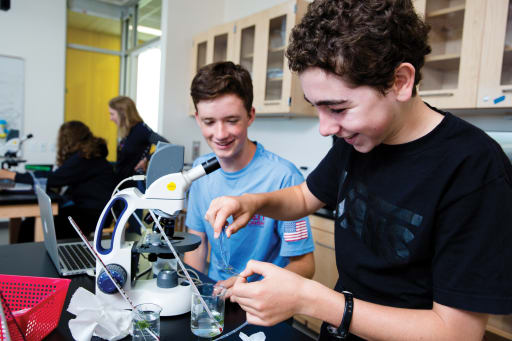Coming Soon: a Generation of Scholar Advocates for Animals

When I gave a TEDx Youth talk at the Nueva School for gifted children in California, last year, I met Aton, a 10-year-old who loves science. Aton is not only a brilliant student; he’s a passionate advocate for whales and the oceans, and he told me he studies biology and other subjects at Nueva so he can help make the oceans free of plastic and healthy again.
Only a few years ago, Aton would have had to make a choice at the end of high school: He would have had to decide whether he was going to become a scientist OR an advocate for animals.
That’s because being a scientist and an advocate would not have been an option.
To become an accredited scientist, Aton would have had to give up his advocacy, since scientists were expected to be entirely neutral when it came to morality. And if his priority had been to make his voice heard on behalf of the animals, he would have been expected to forego an advanced degree or the kinds of academic positions traditional scientists occupy.
He could have become a scientist or an advocate, but not both. But all of this is now changing. And the Kimmela Center for Animal Advocacy has been at the forefront of this change.
That’s because our mission is to bring academic science and animal advocacy together.
When I visited the Nueva School again recently to give a talk in one of Aton’s science classes, I told his mother that her talented, empathic son has a very bright future ahead of him as a true scientist/advocate.
It takes advocacy based in science to drive the cultural shift that’s taking place in how we relate to other animals.
The scientific papers we produce at the Kimmela Center bring the best scientific findings to the cause of animal protection. For example, our Someone Project (with Farm Sanctuary) presents cutting-edge knowledge of cognitive, emotional, personality and social complexity in farmed animals in our peer-reviewed and white (popular) papers:
- Sheep Never Forget A Face! Our paper on “Intelligence, Complexity and Individuality in Sheep” offers robust scientific evidence that sheep are highly intelligent, individualistic and socially complex beings with personality to spare.
- Eating Someone! Our essay in the popular online magazine Aeon explored the psychology behind why humans continue eat animals despite knowing they suffer in factory farms.
- Dissection Hurts Everyone: In talks and interviews like this one, I explore the harmful effects on students when they’re required to conduct dissection and vivisection as part of their biology curriculum. It’s all part of an outdated belief that science should be a cold and dispassionate exercise in which there is no place for recognition of nonhuman animals as autonomous beings with the right to live according to their nature.
- Bringing Science to Animal Law: Science has an important role to play in legal and regulatory efforts on behalf of nonhuman animals. Kimmela has been contributing to the growing field of animal law for many years, and we are now developing academic courses and scientific training for animal law students, beginning in the United States and Canada.
This coming year, the Kimmela Center will announce new initiatives and collaborations to build bridges between scientific institutions and animal-advocacy organizations, along with podcasts, conferences and professional education in order to accelerate our goals.
Your tax-deductible donation, large or small, helps support young scholar-advocates, develop scholar-advocacy programs and meetings, and empower animal advocacy efforts of all kinds.
Thank you for being part of this work, and I wish you a very Happy Holiday and a good year ahead.
One Reply to “Coming Soon: a Generation of Scholar Advocates for Animals”
Comments are closed.


I’m reading “What it’s like to be a dog” in preparation for an intensive 3 week “out of the classroom learning experience.” I learn about Lori and her science/advocacy commitment and that she’s in Utah. I get chills…I google kimmela and find it’s in Kanab, UT. Double chills!
I’m bringing 30 high school students to Kanab, UT. Jan 6-9 to volunteer at Best Friends. Would someone from your organization be willing to speak with us one of these evenings?
Our public charter school allows students to choose an “out of the classroom learning intensive” the first 3 weeks of January. Students chose everything animals. One text we are using is Gregory Berns “What it’s like to be a dog.”
I realize it is two days before Christmas and two weeks from our arrival in Kanab…such short notice. Please let me know if this is a possibility.
Happy holidays,
Allison Smith